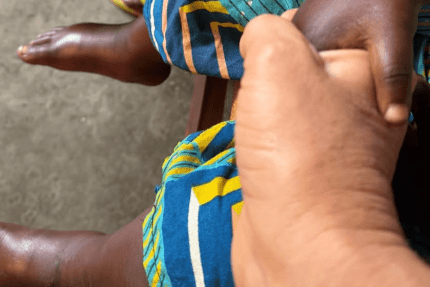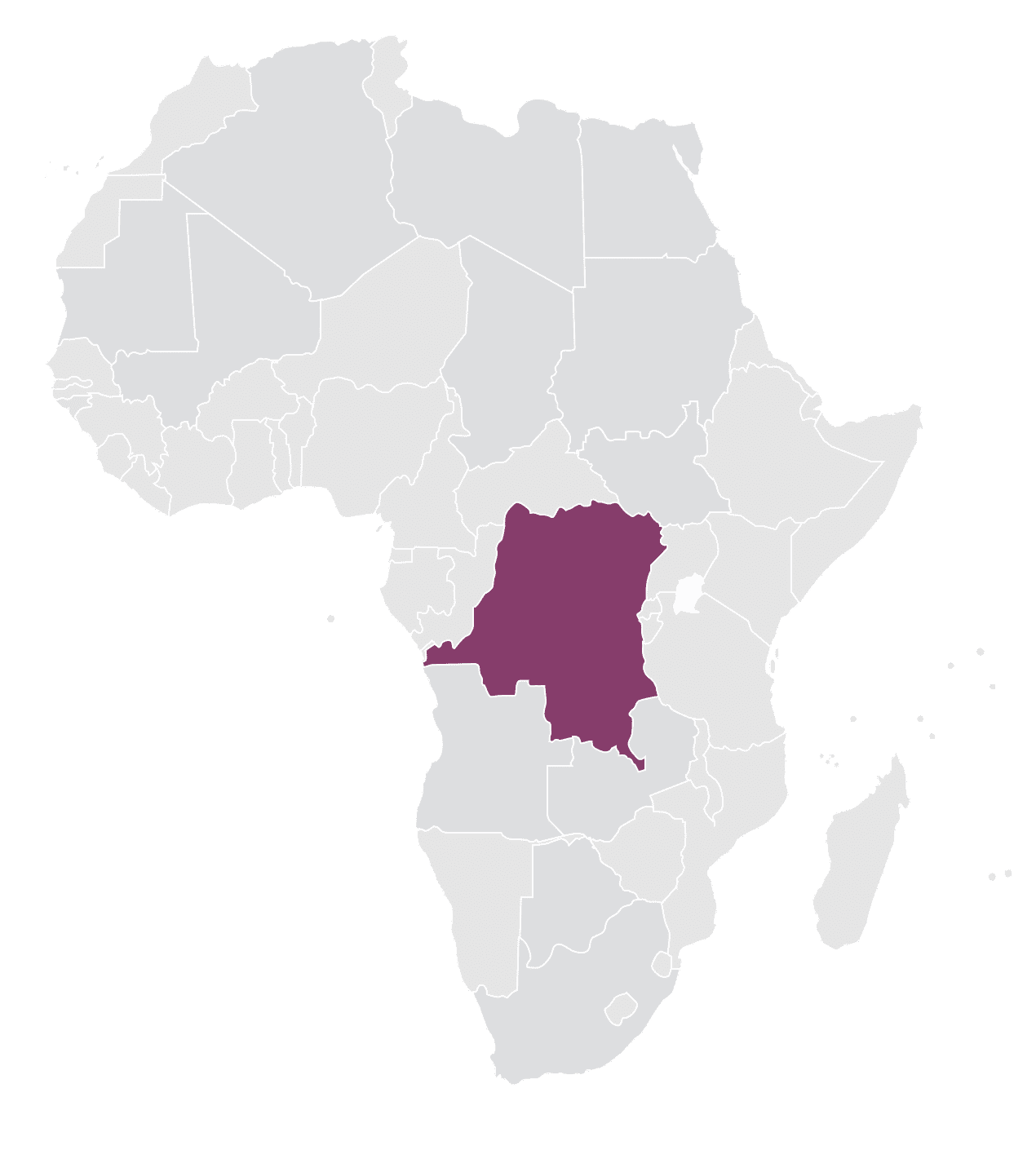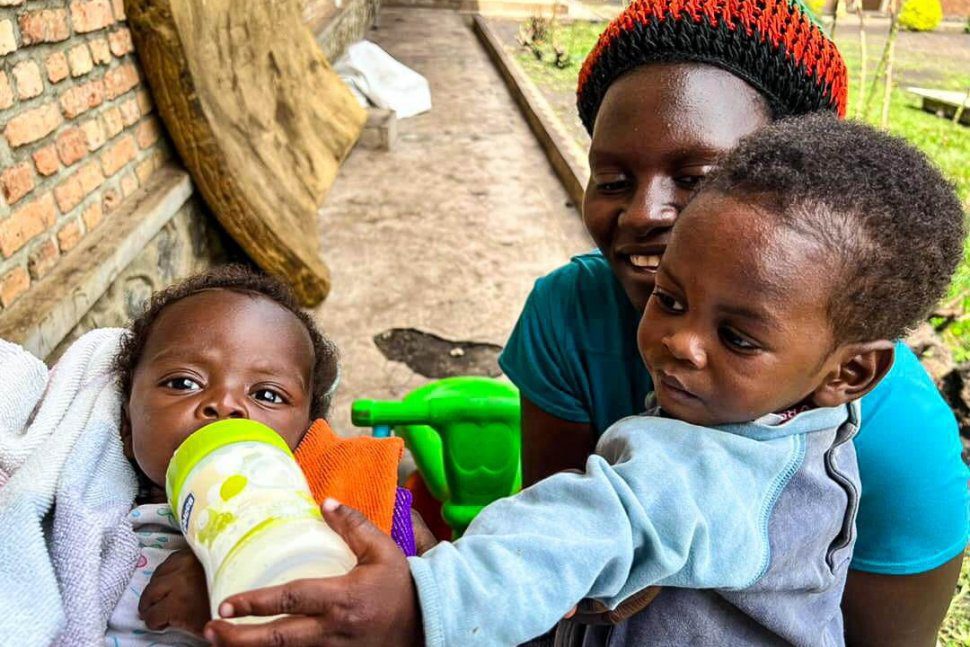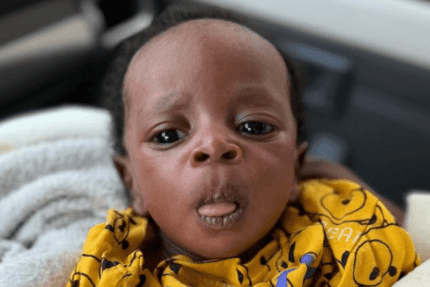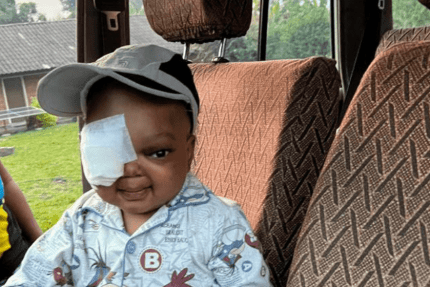“We are still cut off from the world. The fighting continues. The front is moving further away. The hospital is receiving patients. Despite the occupation and a completely unknown future, we are doing what we can do today,” says Sister Agnieszka. “Internal medicine is managing, but paediatrics is almost full. We have 23 children requiring hospitalisation. All with malaria.”
The centre in Ntamugenga has always been closer to a field hospital than the facility that comes to mind when we think of a hospital. Every patient here had to be fought for, operating in conditions without electricity and with limited access to supplies. Our access to the capital Goma has already been cut off by volcanic eruptions or heavy rains. The war that is currently taking place, however, is unlike anything that has happened here before.
“We are unable to assess the situation we are in,” says Sr Agnieszka. “There are no official announcements. The only source is the internet, which is drowned in factoids. It is difficult to separate truth from disinformation. We are doing our part by just listening to see if it is safe in the immediate area,” says Sr Agnieszka. The hospital is receiving more patients. We replenish food supplies as soon as we can. However, every day brings new challenges.”
Once the food had been sorted out, there was a sudden shortage of water. A difficult mission was required. A team from the hospital had to travel 6 km uphill, under the volcanoes, to repair the water source. Its absence in the hospital and the village could have quickly led to an outbreak that, in a rebel-occupied and cut-off area, would have been a disaster.
For now, the only horizon for us is the next day. We are doing what we can to help the sick and injured. Malaria drugs are not yet in short supply, but we will take the first possible opportunity to make a large stockpile. In this you can help us by supporting a fundraiser for this very purpose on the foundation’s homepage.
In the picture, our heroes of recent months. Safari and Hurma in one hopeful shot. Thanks to you, they didn’t run out of food even when bombs were going off all around
